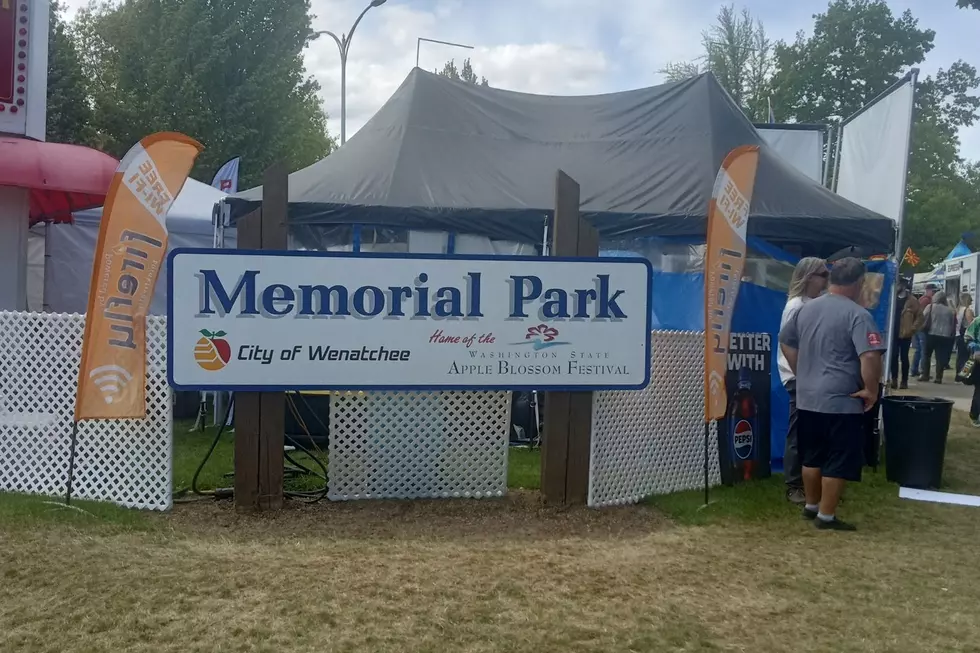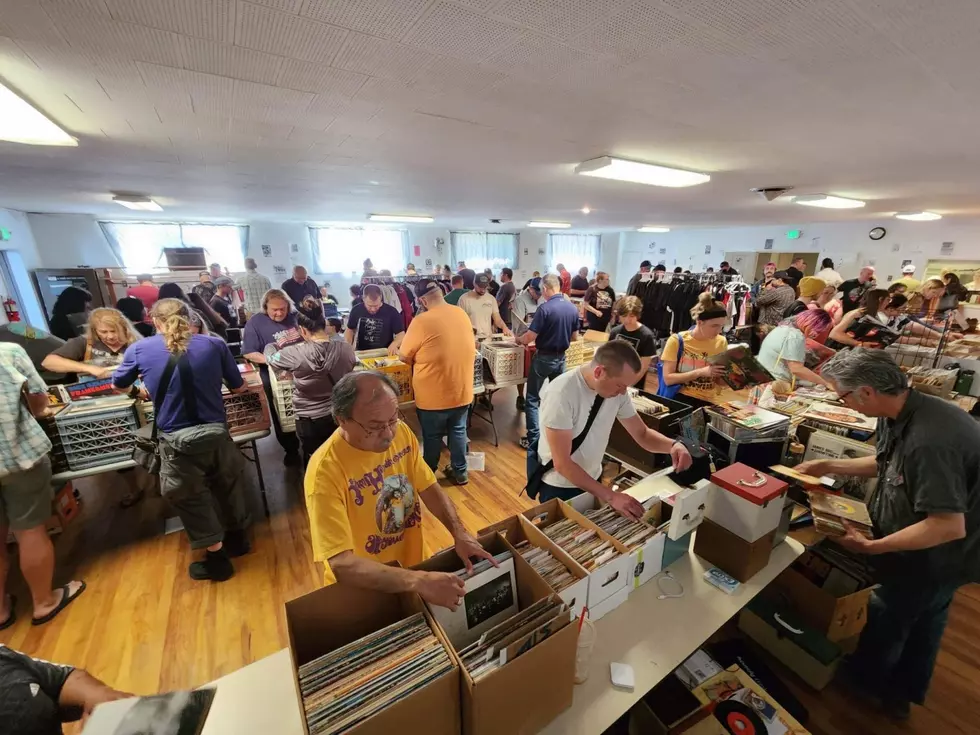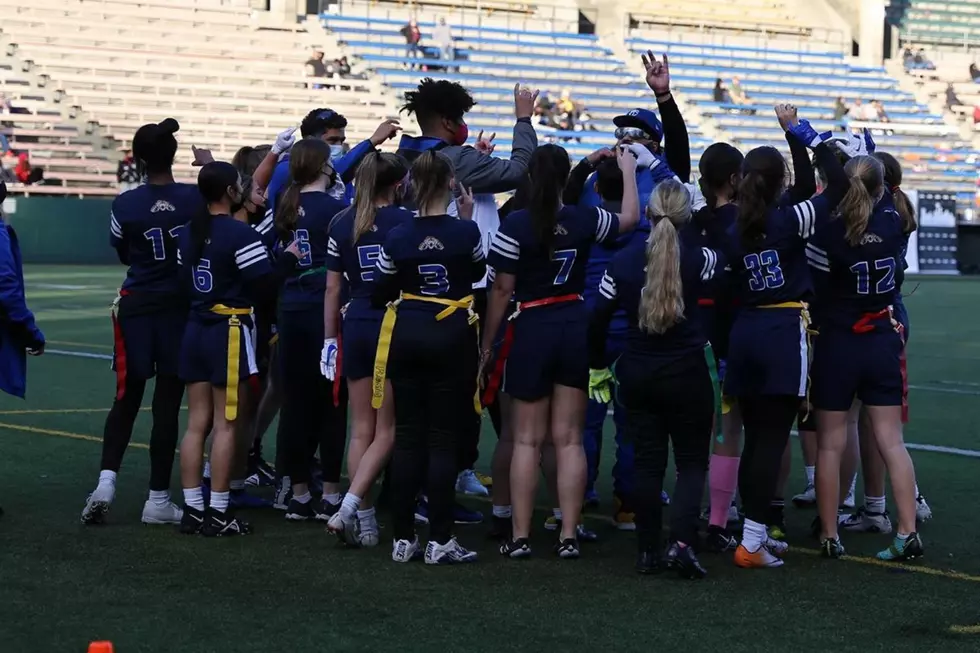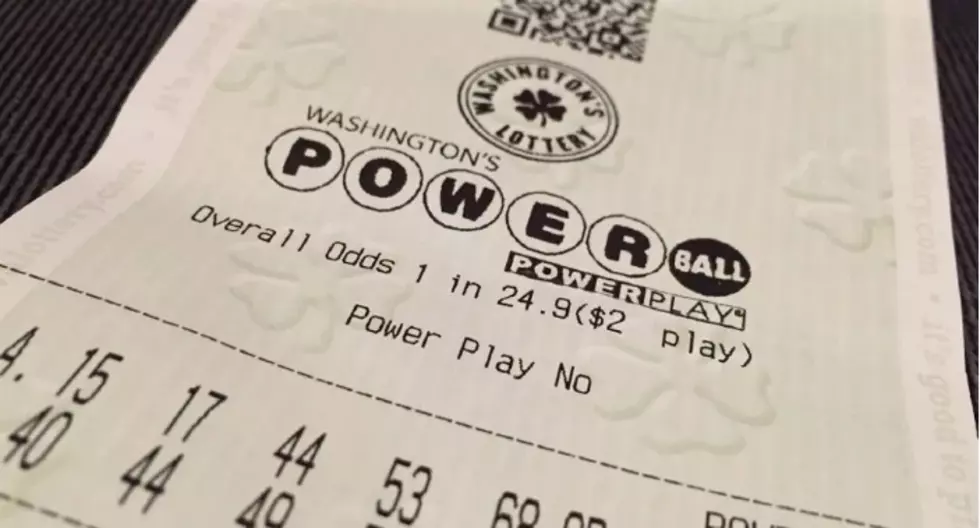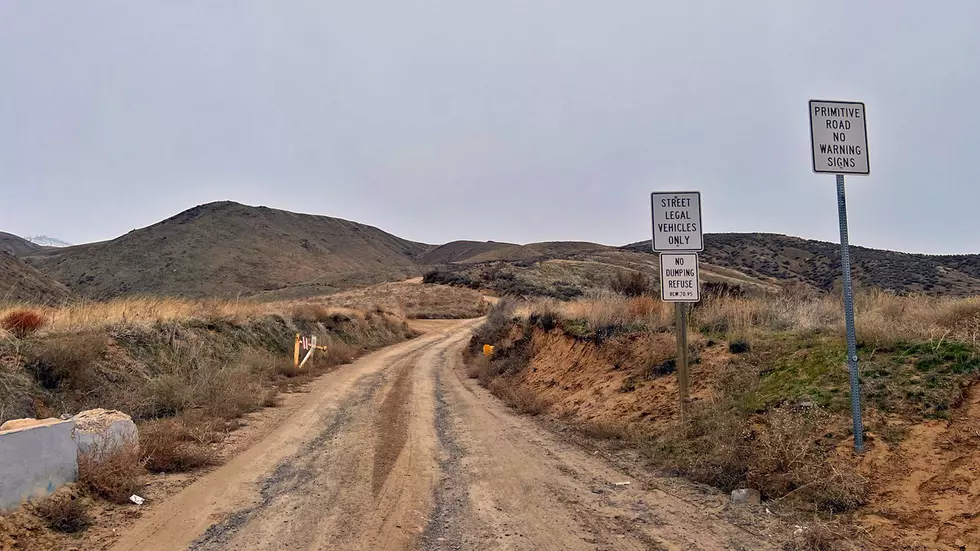
Monday is World Stroke Day
It's World Stroke Day, and one Washington state survivor is talking about life after his stroke and what people can do to prevent its worst effects. Stroke is the leading cause of long-term disability in the Evergreen State, and the number six cause of death. Bill Monroe suffered a stroke at age 46 last year, and still is working to restore movement on the left side of his body. After his stroke, Monroe noticed there weren't many resources for stroke survivors under 60 – so he started a podcast. On "Strokecast," medical professionals, caregivers and survivors share their stories.
"Recovery is possible, and you can do a lot of things with rehab and get better, and most importantly, recognize the signs of stroke when they're happening, because time is so critical. The faster you can get to the hospital, the better your outcome will be."
Monroe says it's critical to remember the acronym FAST, used to recognize the most common warning signs of stroke. "F" stands for face drooping, "A" for arm weakness, "S" for speech difficulty, and "T" for 'time to call 9-1-1' if a person is showing any of these symptoms.
For people who have suffered a stroke, Monroe says it's important to stay positive and recognize there is work involved in returning the function they've lost.
"Your life after a stroke is not over; it's just different. And it opens up some new and different doors and new ways of thinking about things, and understanding what's happening with your brain and your body and what you can do."
Monroe notes there are a number of ways to reduce the risk of stroke, including not smoking and managing your blood pressure and conditions like diabetes. In addition to his podcast, Monroe heads the Young Adult Stroke Survivors support group for people in the Seattle area.
More From NewsRadio 560 KPQ
